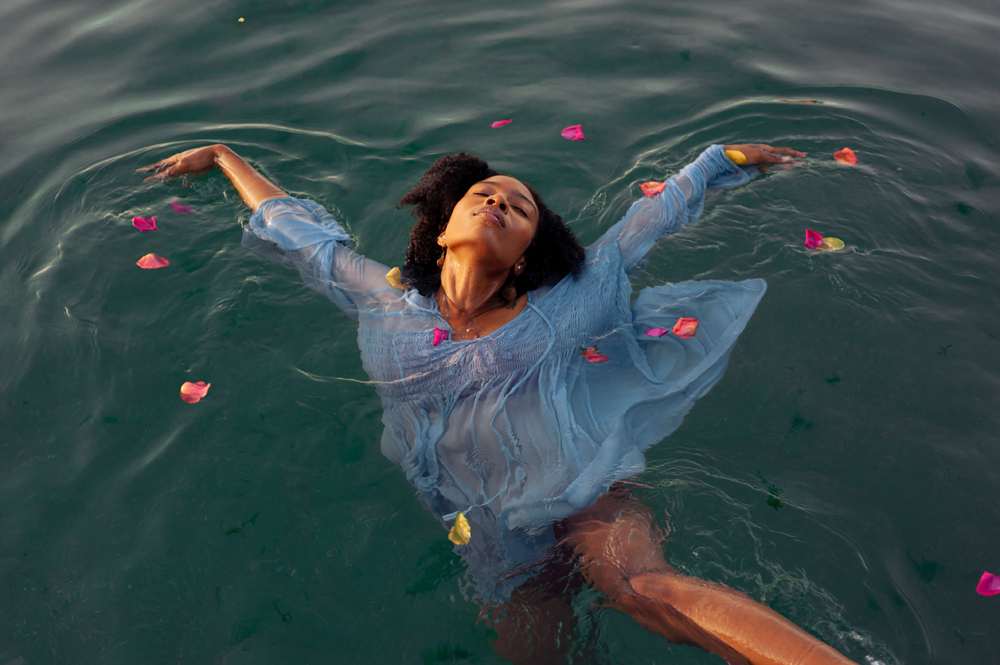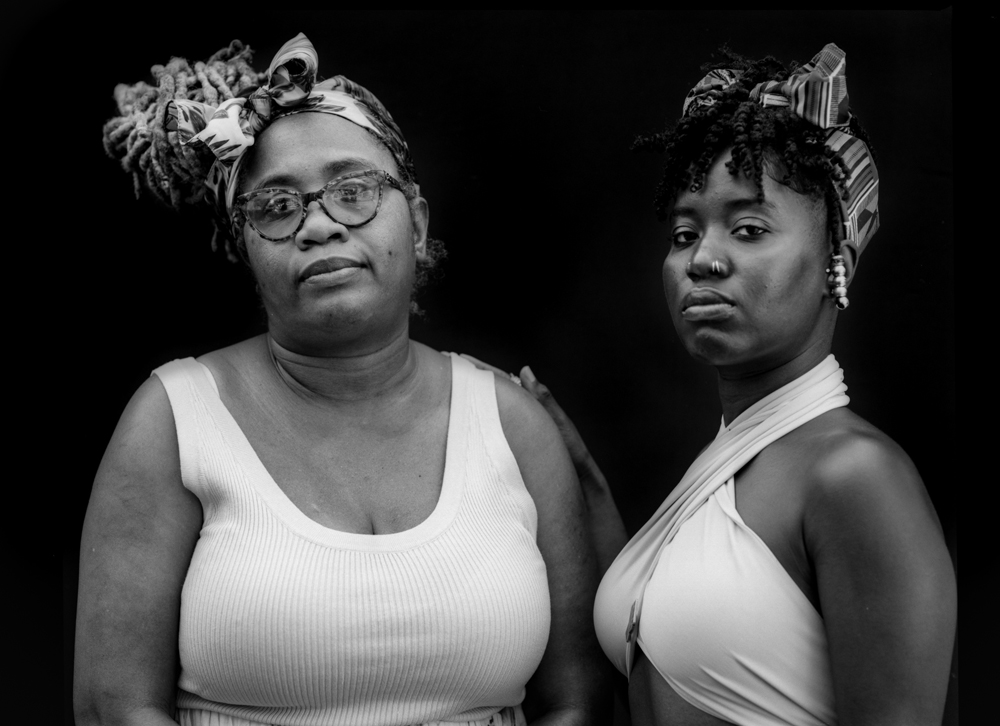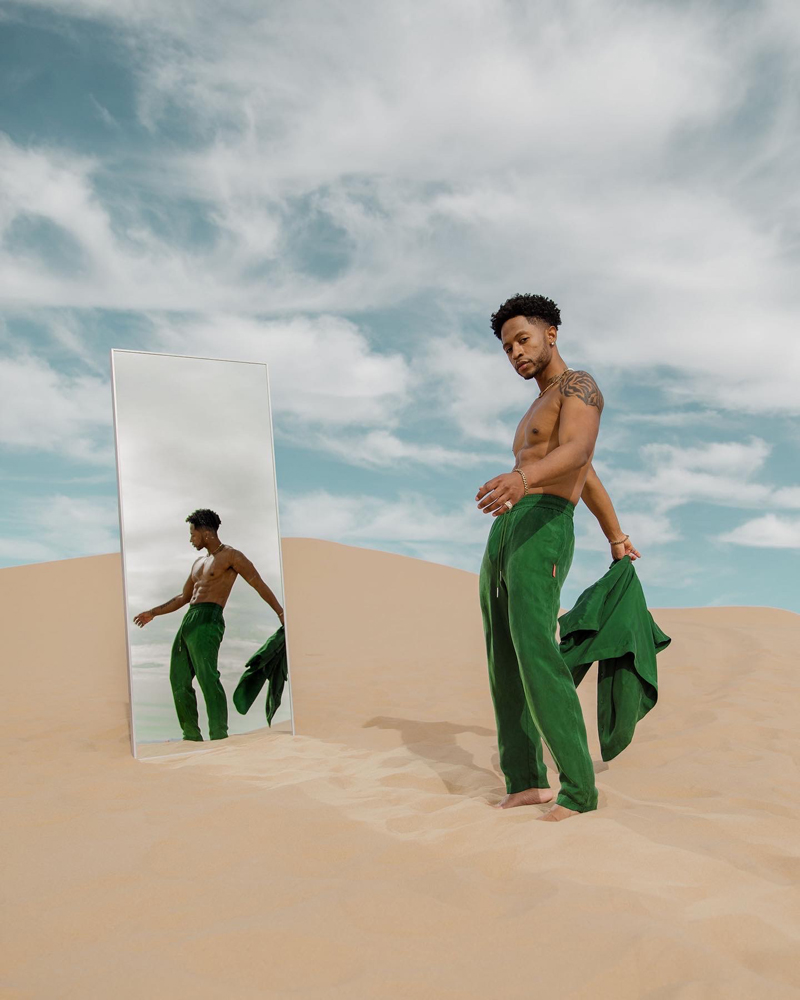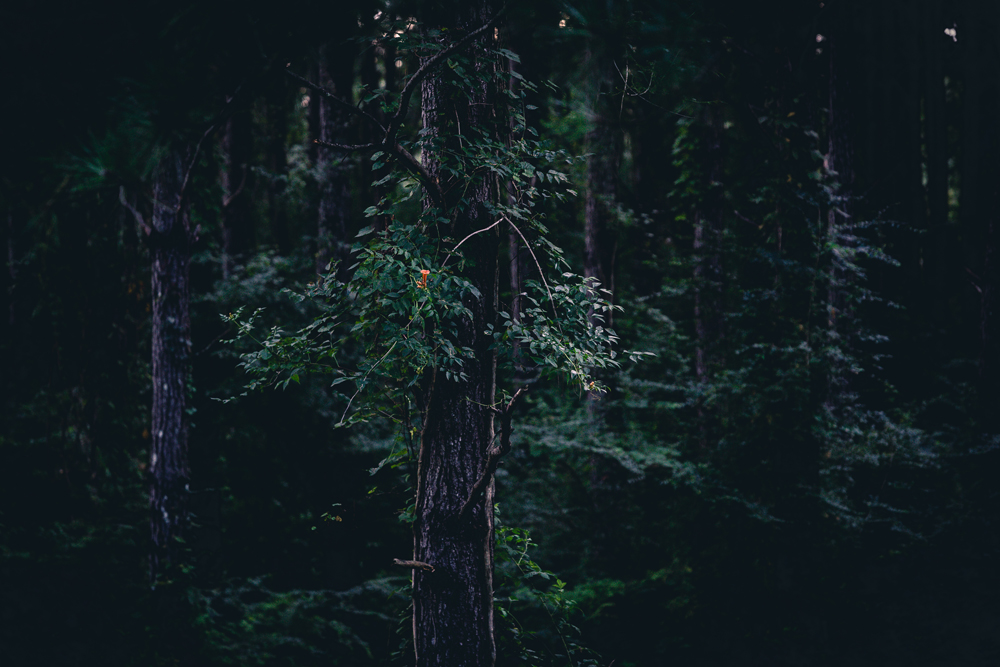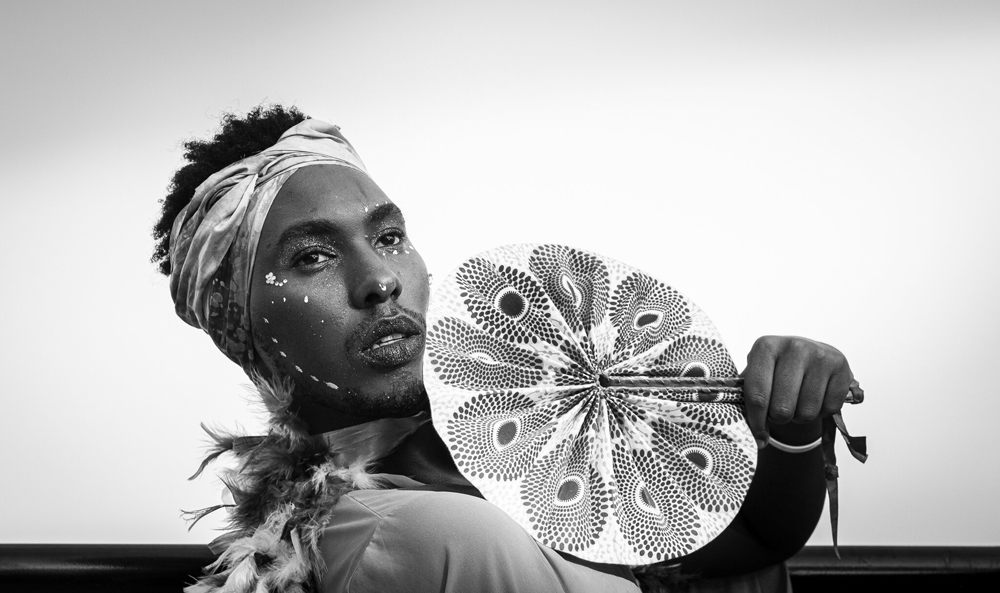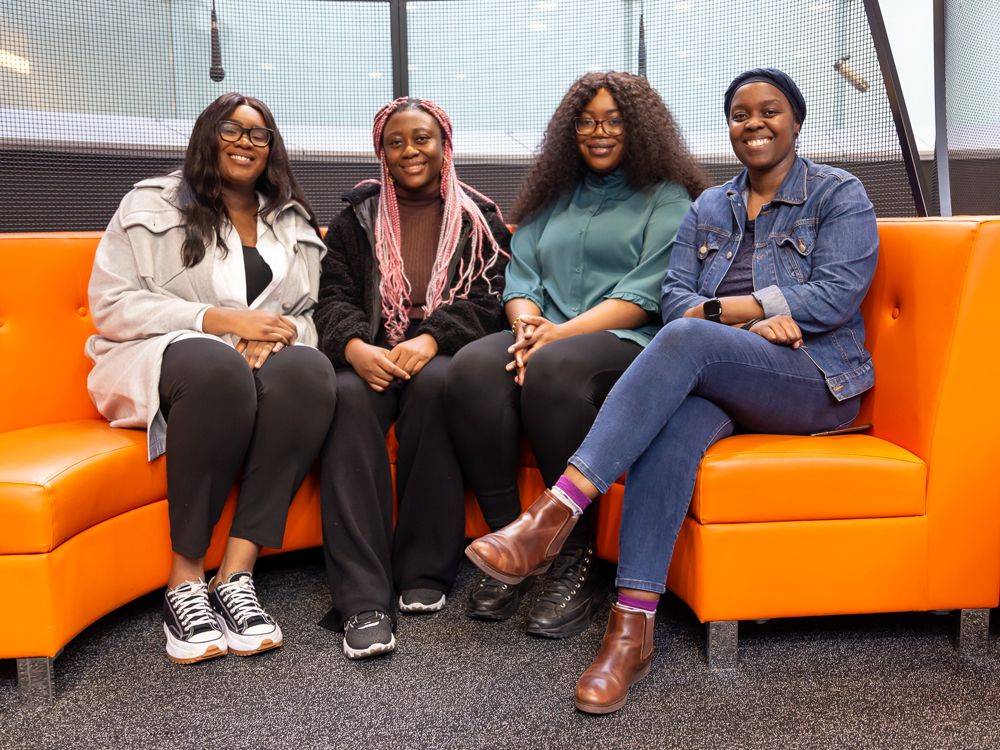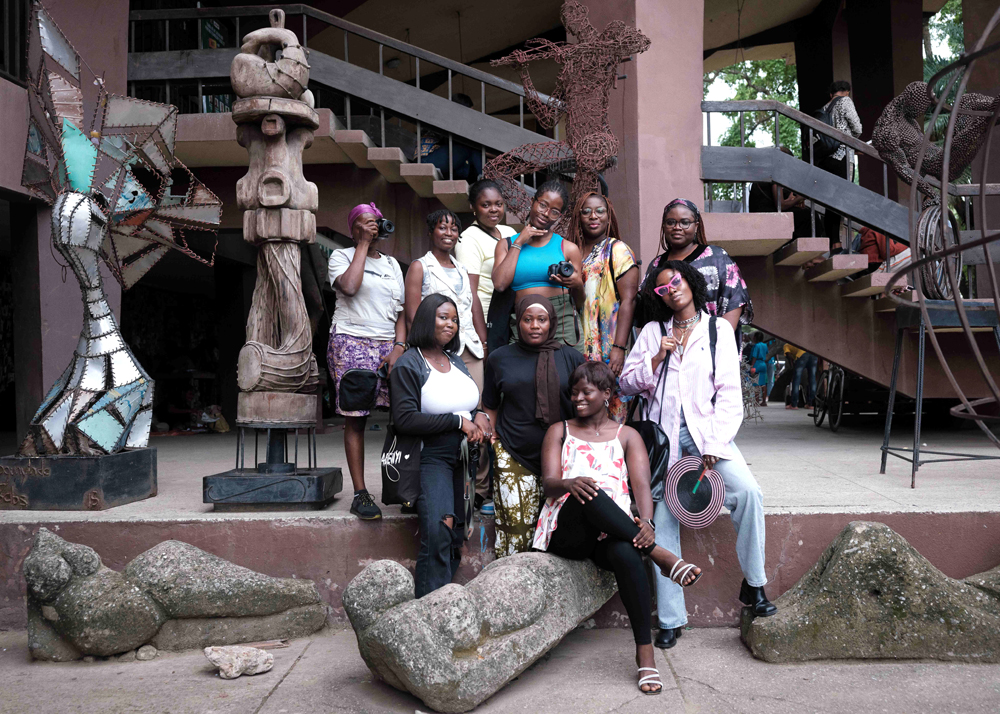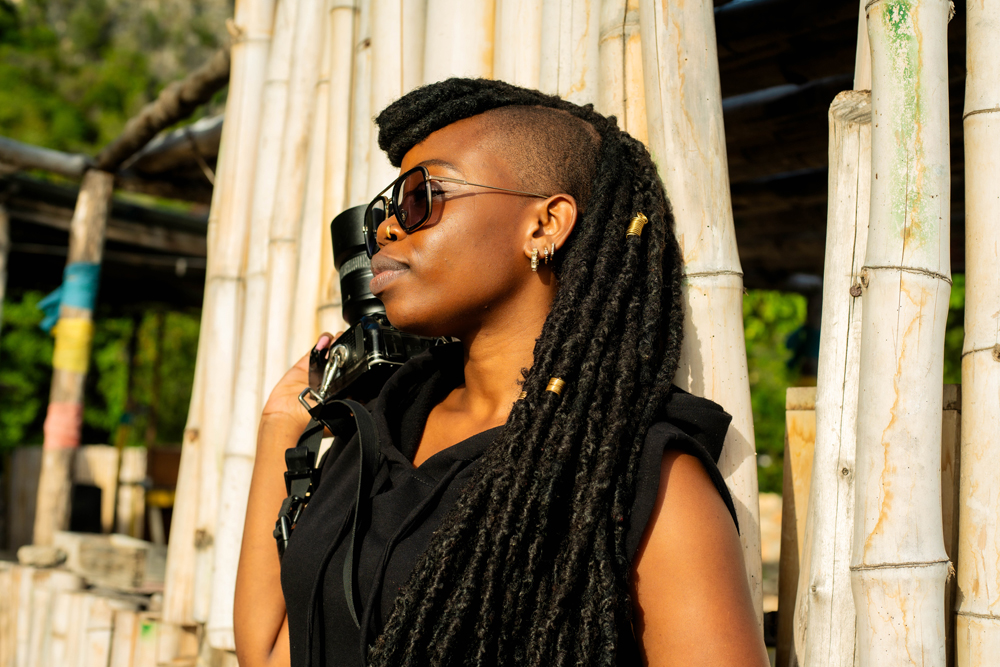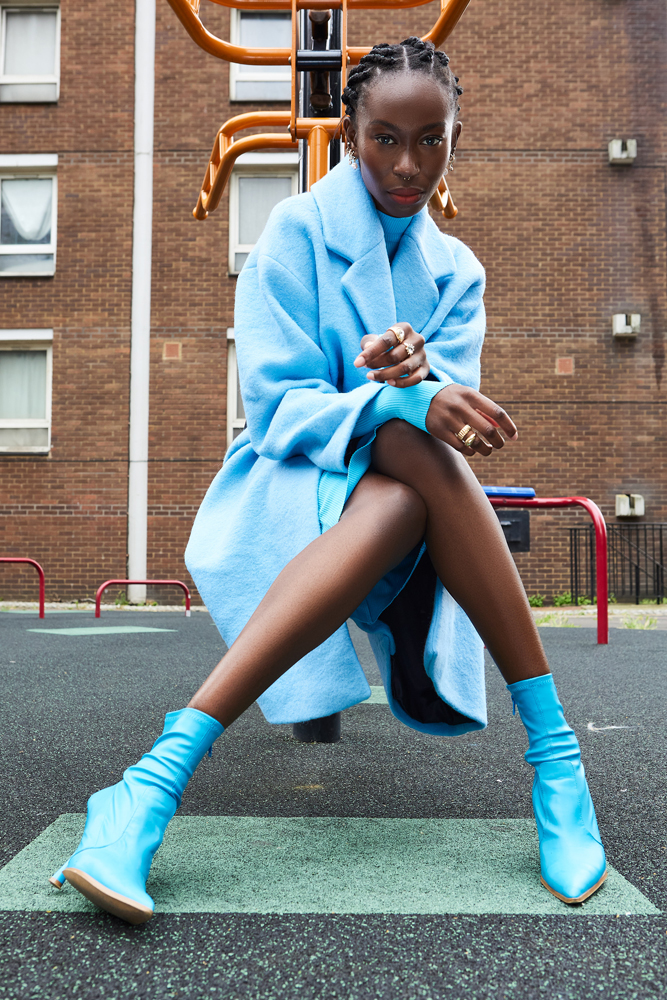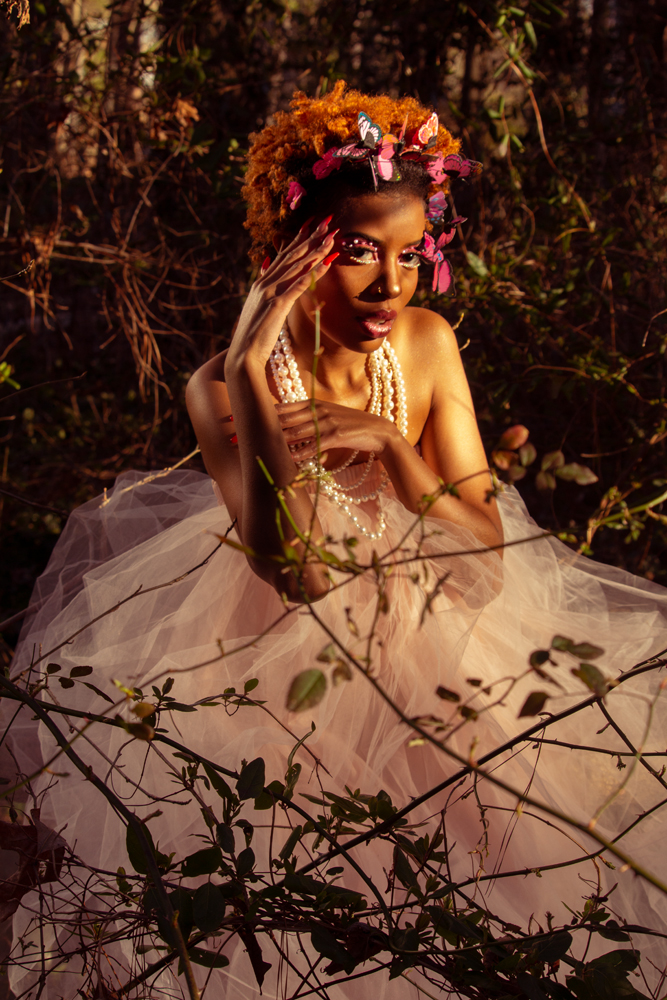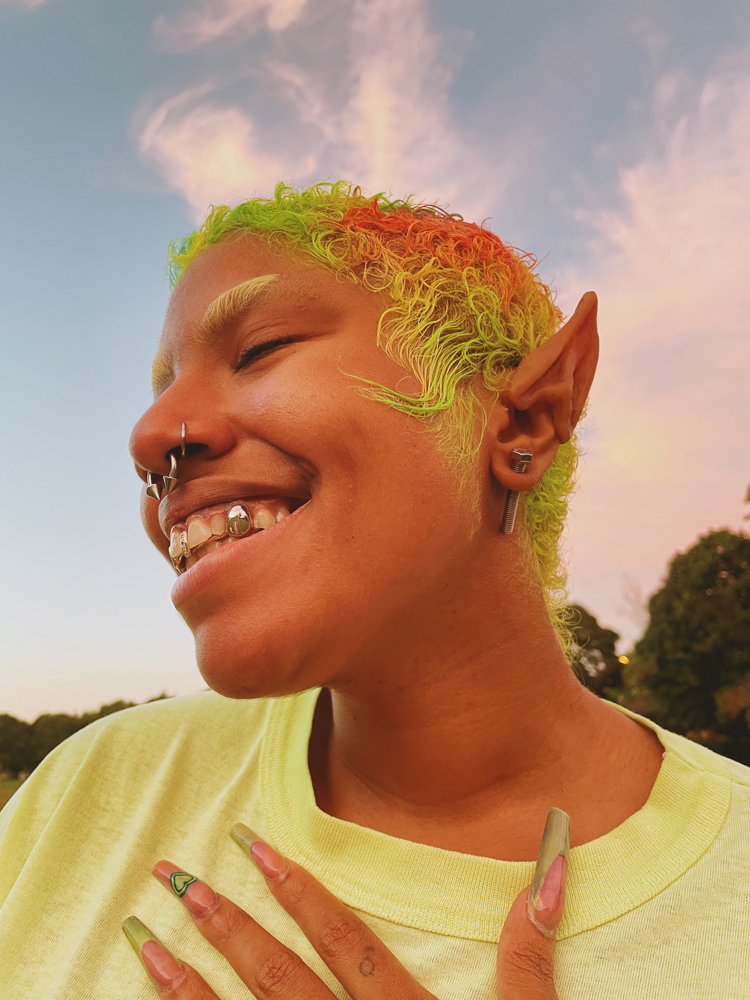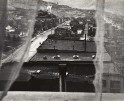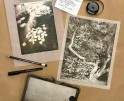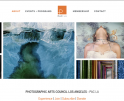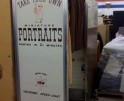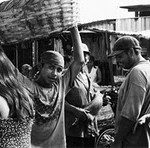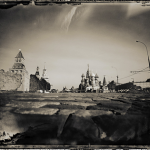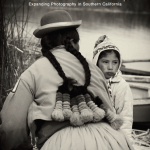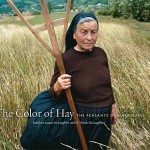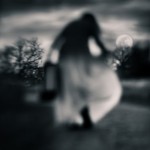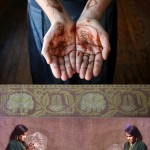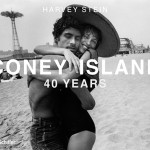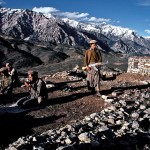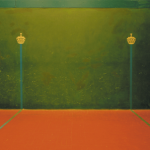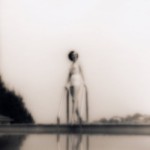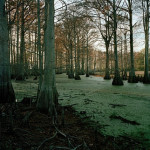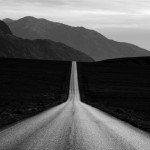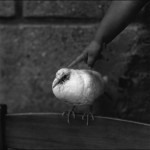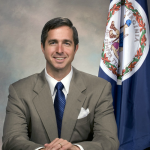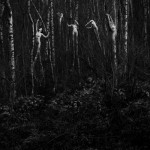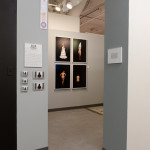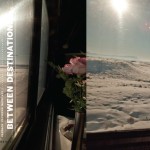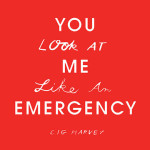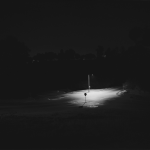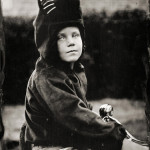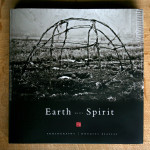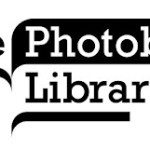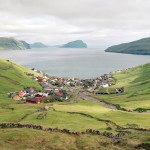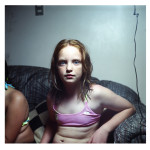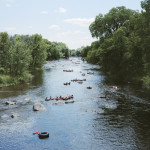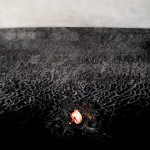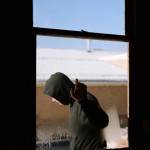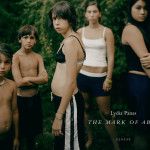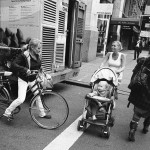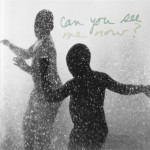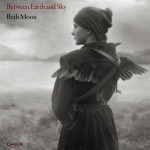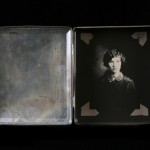Black Women Photographers : Community At The Core
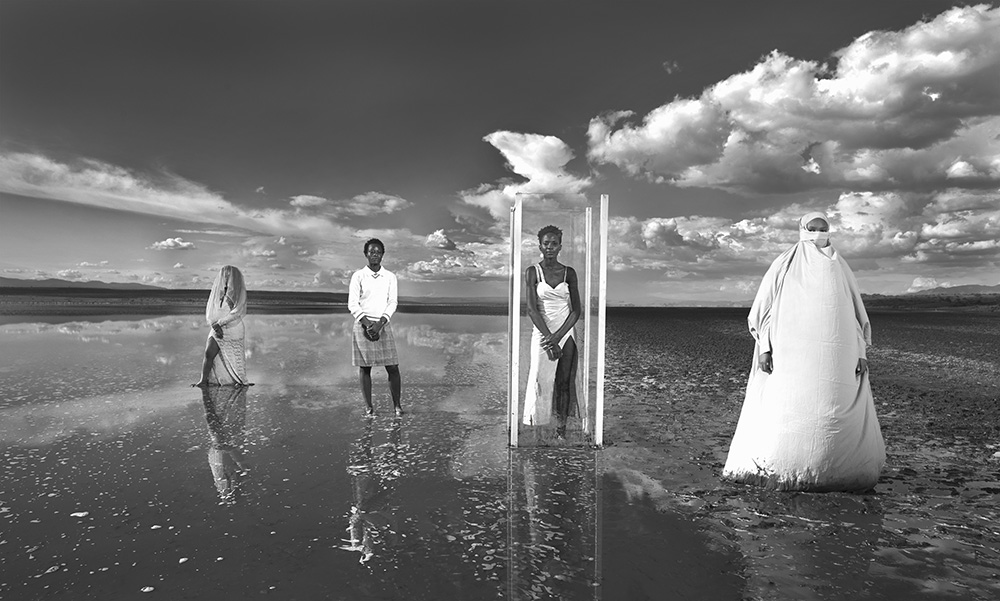
“Murky Waters is my way of examining the challenges that women still face in society, by illustrating the positions we are forced into, and the situations that different groups of women find themselves in.” — © Sherie Margaret Ngigi
Established in July 2020 by Polly Irungu, Black Women Photographers (BWP) is a global community, directory, and hub of over 2,000 Black women and non-binary identifying photographers, spanning over 60 countries and 35 U.S. states. BWP was launched with a $14,500 COVID-19 relief fund to help Black Women Photographers who were in dire need of financial relief due to the pandemic. To date, BWP has provided over $115,000 in financial grants to Black creatives. Today we talk to the team at BWP to learn more about their goals, their hopes for the future, and how they are changing the photo industry still largely dominated by white men.
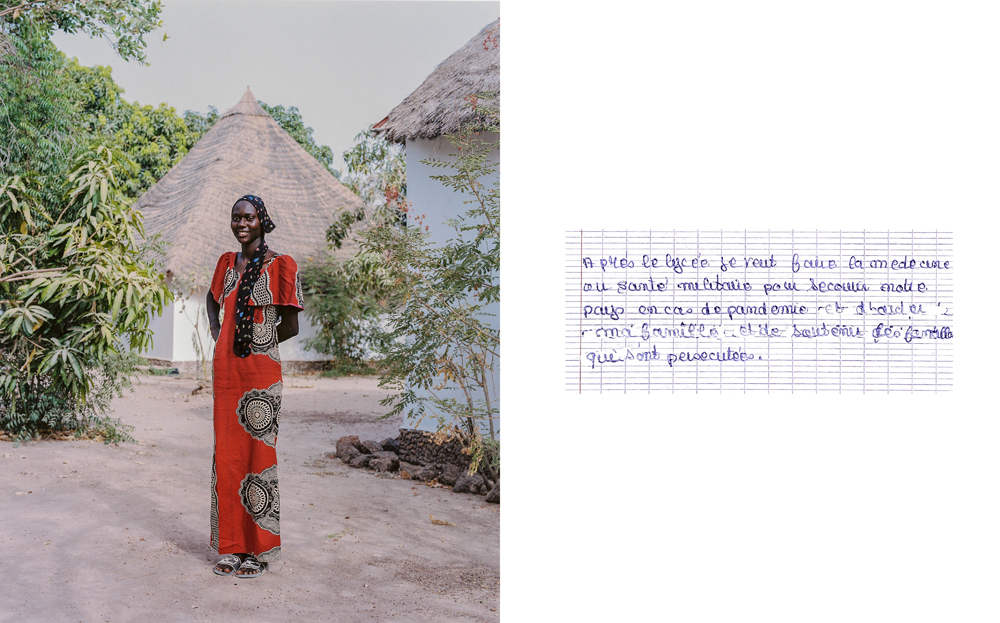
Veronique for ‘Les Foyers de Tambacounda’ – “After high school, I would like to study medicine or military health to safeguard our country in case of another pandemic, and to help my family and support other destitute families.” Senegal 2022 © Clara Watt
Ashima Yadava: Tell us about Black Women Photographers. What are your goals as a collective?
Team Black Women Photographers: Our mission is to support Black creatives in every stage of their professional development through free access to educational programming, portfolio reviews, grants, and photo meet-ups. Our goal is to provide tangible support to equip our members with the knowledge, skills, and tools necessary for a long-lasting and successful career in this industry. Information and opportunities have been gatekept for too long, and we’re actively working to dismantle any barriers hindering our members from growing professionally in this industry.
For example, we have a significant amount of members based internationally. We aim to increase our presence and international initiatives to support our members abroad. We want to make sure the support they receive is equal to our U.S. stateside members. One way we do that is through our annual grant fund in partnership with Nikon Inc. We’ve noticed that many grants and competitions are only available to U.S.-based applicants. We’ve always kept our grant fund available to our international members and have helped dozens receive financial support and brand-new camera equipment through that initiative.
AY: What was it about the industry you saw that needed to change? How have Black Women Photographers as a collective tried changing the narrative?
BWP: One of the things we saw that needed is a change in access to information and opportunities for growth. You don’t know what you don’t know, and unfortunately, people can take advantage of that in this industry. We’ve helped provide change in this area by providing free classes on the business side of photography (from understanding the language used in contracts to managing finances and taxes as a freelancer to marketing yourself, etc.) to free portfolio reviews with staff from The New York Times, Guardian, The Washington Post, Reuters, Getty Images, Associated Press, and more, to Q&As with photo desks and providing their contact information so that members can build and maintain those important relationships.
AY: What resources and opportunities do you offer BWP members?
BWP: We support our members by promoting their work in an active database distributed to brands, photo editors, directors, curators, and art buyers. We also offer free educational resources such as regular programming of webinars, workshops, trainings, global meet-ups, and portfolio reviews. Through conversation, workshops, educational resources, virtual and in-person events, as well as an annual $50K grant fund and an active directory of visual artists available for hire, we are committed to providing a home for Black women and non-binary artists with the aim to increase access to professional and paid opportunities for Black creatives around the world.
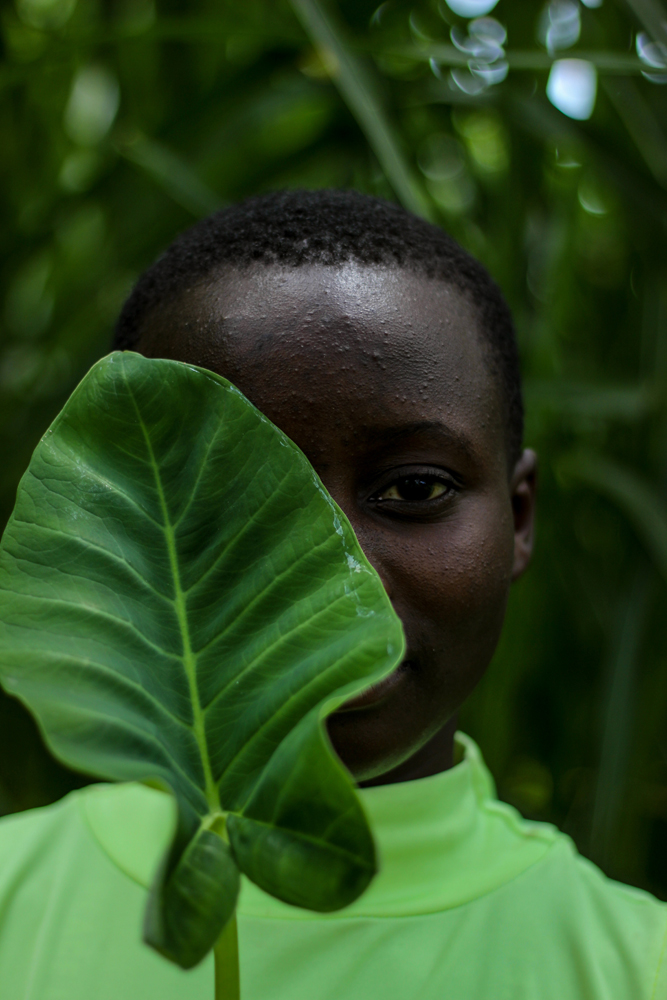
A portrait of my niece Rose whom I have been photographing as she transitions through teenagehood into adulthood. — © Esther Sweeney
AY: What are your biggest challenges at this point? And how do you work through them?
BWP: Our mission to serve people in all stages of their careers is a huge undertaking. We are constantly planning new programming to make sure we’re catering to as many people as possible. We want to ensure that no matter your level in your journey, you can take something away from whatever summit, class, or workshop we are hosting. We know that it can’t always apply to everyone, so some classes are specifically designed for a beginner or someone more experienced. We do our best to overcome this by regularly asking our members what they want to learn and who they want to learn from to gain insight into how to plan our programming for the year.
AY: Do you collaborate with other collectives and organizations addressing similar issues? Could you tell us a little about what these collaborations look like?
BWP: We love collaborating with organizations that align with our mission. One of our favorite collaborations is with The Everyday Projects. We launched a joint initiative called #TheEssentials with them and PhotoWings. Now into our fourth season, each class is free and 75 minutes long, including lots of time for Q&A, and is for both emerging and experienced storytellers wanting to hone their skills and learn more about successfully navigating the visual media industry. This free educational series has helped hundreds of visual storytellers from across the globe, and we’re excited to keep it going. The series has featured experts in the industry, such as Yagazie Emezi, Tara Pixley, Sarabeth Maney, Sarah Waiswa, Tasneem Alsultan, Smita Sharma, Gabriella Angotti-Jones, Cheriss May, Maheder Haileselassie, Lynsey Weatherspoon, and more.
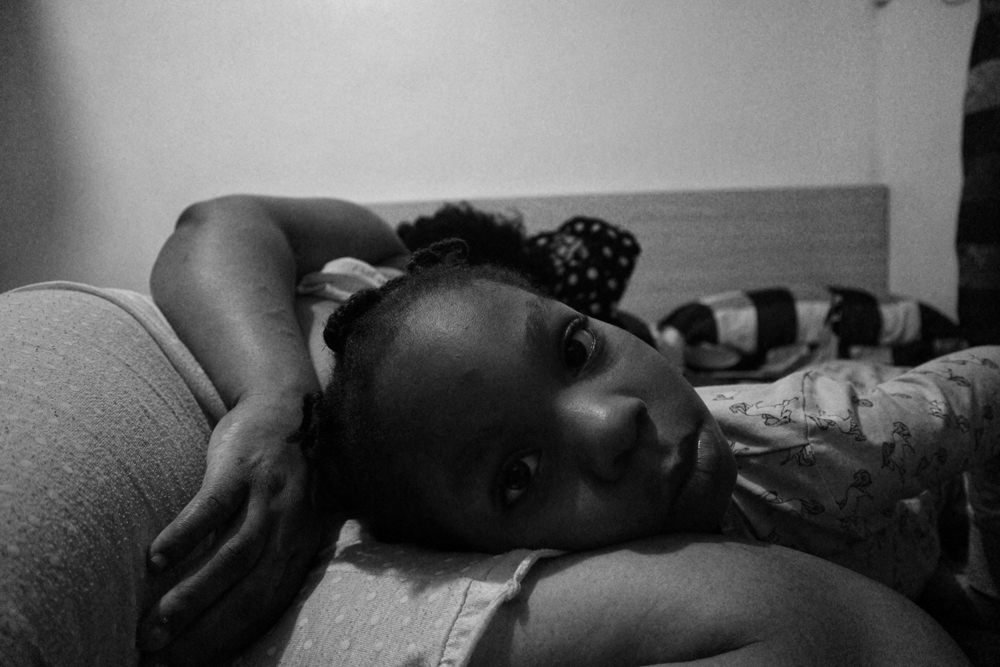
A candid photograph of my sisteer-in-law, Yems and my niece, Tiwa that expresses familiar themes of motherhood, ordinary moments, intimacy, influenced by the possibilities of how simple moments such as the captured could create memories and feelings within motherhood that are rarely documented. — © Ololade Lawal
AY: How do you interact with the community?
BWP: Community is core to what we do. So we build community online through tools like Slack, YouTube, and social media, and also in-person through our photo walks across the globe.
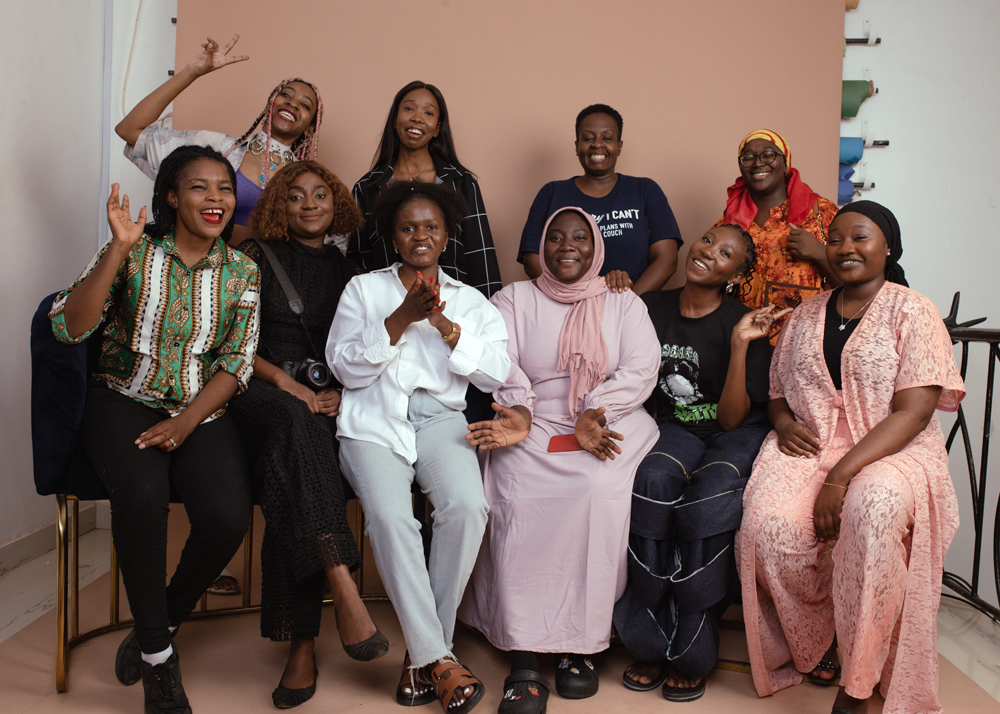
BWP’s first-ever Abuja (Nigeria) meet up, led by one of their BWP x Nikon grantees Rukie Jumah. She was the recipient of our Nikon Z 5 mirrorless Kit.
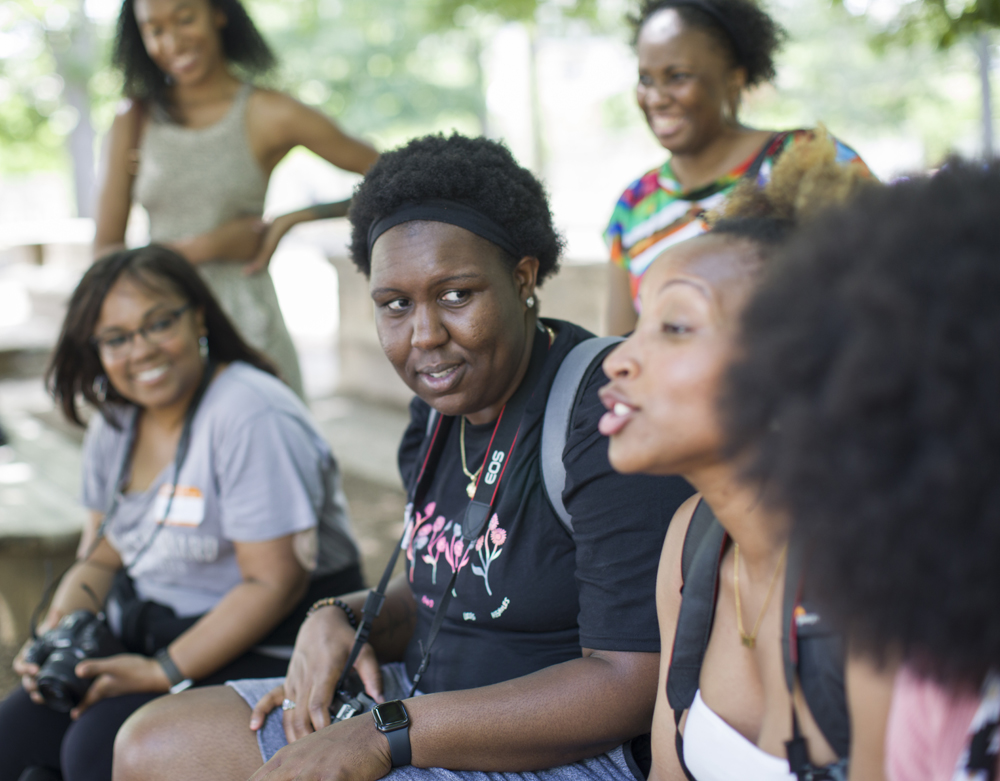
BWP members take part in a Photo Walk on Saturday, June 26, 2021, in Washington, DC. — © Leah L. Jones/LLJPhotography
AY: What would you like people to know about your organization and the issues you are trying to solve?
BWP: We know how hard it is to navigate this industry, which is why we provide tangible resources in the form of free educational classes, portfolio reviews, grants, and more, to equip our members with the knowledge and tools to thrive in their respective niches. In our three years of existence, we are proud of the hundreds of hours of free educational classes that are available online on our YouTube channel, the $100K+ in financial grants that have been distributed, the paid opportunities from The New York Times, Reuters, Washington Post, Guardian, Red Bull, and more that we’ve facilitated, the dozens of photo walks throughout the years that have led to long-lasting friendships and connections for our members. We’ve done so much in a short time and are committed to doing the work. We are in it for the long haul.
We really appreciate you taking the time to talk to us, Team BWP. We stand in solidarity with you.
Twitter: @BlkWomenPhoto
Instagram: @blackwomenphotographers
YouTube: @BlackWomenPhotographers
Ashima Yadava is a conceptual documentary photographer and printmaker. With the camera as her conduit, Ashima believes in art as a means to social activism and reform. Her work is rooted in long-form stories with a focus on issues of gender equality, race, and social justice.
Born in New Delhi, India, Ashima now lives in San Francisco, California where she works in digital and analog methods including large format and silkscreen. She is currently a California Arts Council Fellow and helps the Development Committee at SF Camerawork. Her work has been featured in publications including National Geographic, Mother Jones, SFChronicle, and 6MOIS and exhibited around the world including the deYoung, the United Nations in New York, RISD, Technische Dresden in Germany, NIDA Festival Lithuania among others. She is a Director’s Fellow from the ICP, New York.
Ashima is the founder of Huq : I Seek No Favor. Huq brings together over 100 artists and thinkers to respond to the abortion ban.
Instagram: @indigonyx
Posts on Lenscratch may not be reproduced without the permission of the Lenscratch staff and the photographer.
Recommended
-
Richard Koenig: Field Notes: View from a Hotel WindowFebruary 13th, 2026
-
Beyond the Photograph: Editioning Photographic WorkJanuary 24th, 2026
-
The Next Generation and the Future of PhotographyDecember 31st, 2025
-
Spotlight on the Photographic Arts Council Los AngelesNovember 23rd, 2025
-
100 Years of the Photobooth: Celebrating Vintage Analog PhotoboothsNovember 12th, 2025

